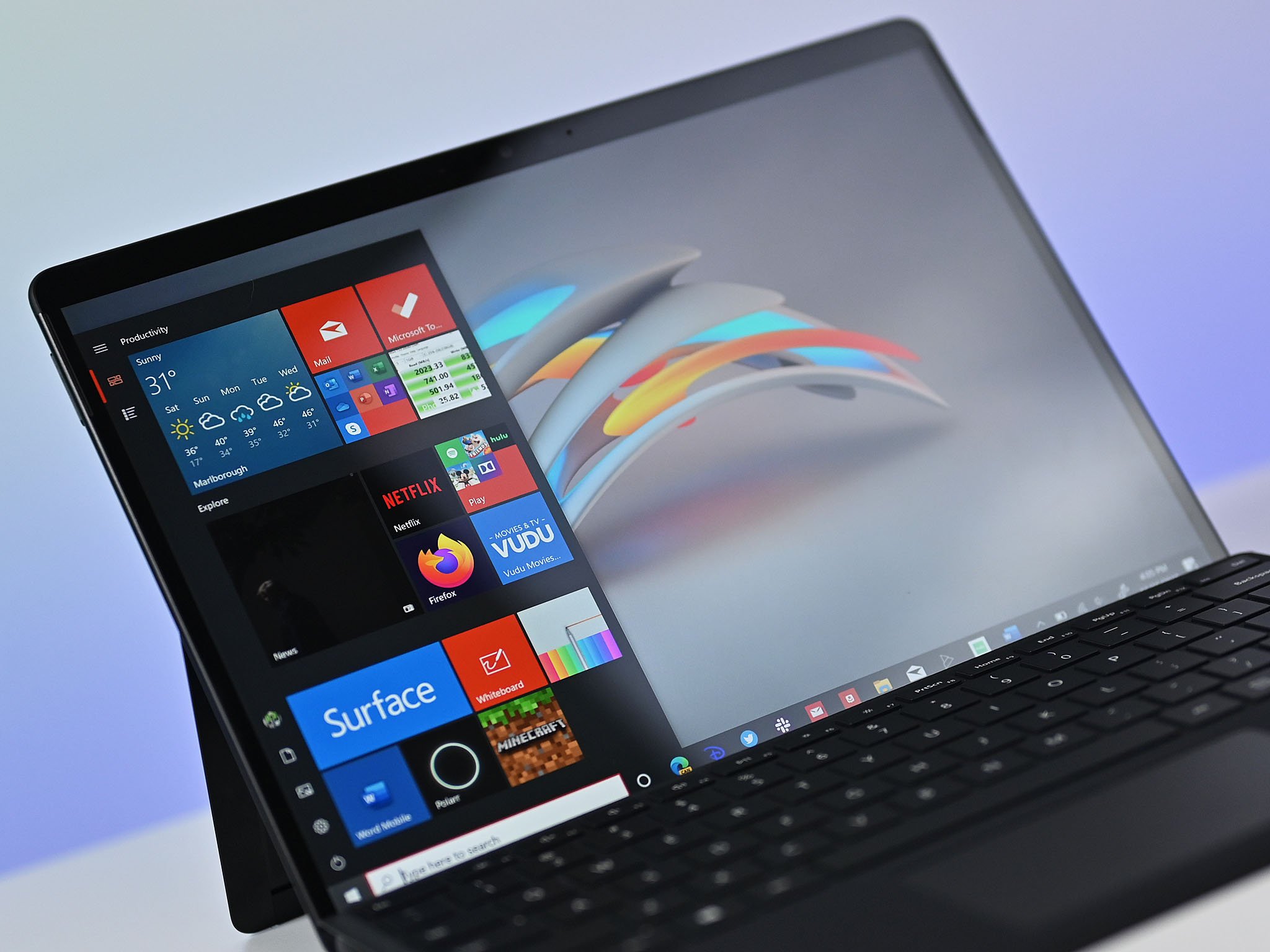Microsoft: 99.9% of hacked people are compromised for one (ridiculous) reason
99.9 percent of compromised Microsoft accounts don't have multi-factor authentication enabled.

All the latest news, reviews, and guides for Windows and Xbox diehards.
You are now subscribed
Your newsletter sign-up was successful
What you need to know
- 99.9 percent of compromised Microsoft accounts don't have multi-factor authentication enabled.
- 1.2 million Microsoft accounts were compromised in January 2020.
- Microsoft emphasized the risks of not using multi-factor authentication at the RSA security conference last week.
Around 1.2 million Microsoft accounts were compromised in just January 2020, and almost all of them could have been secured by enabling a single setting. According to Microsoft engineers, 99.9 percent of the compromised accounts they track do not use multi-factor authentication. Microsoft discussed account security and the risks of not using multi-factor authentication at the RSA security conference last week (via ZDNet).
At the RSA conference, Microsoft pointed out that it tracks more than 30 billion login events every day. On average, 0.5 percent of accounts get hacked, but with over one billion active users, that means that around 1.2 million accounts were compromised in January alone.
Microsoft emphasized the enterprise risk of not having multi-factor authentication enabled. Enterprise users often have sensitive data on their systems. Despite often holding sensitive data, only 11 percent of enterprise users have multi-factor authentication enabled in January 2020, according to Microsoft.
According to Microsoft, the most common form of attack to hack Microsoft accounts is password spraying. This technique takes easy-to-guess passwords and goes through a list of usernames until an attacker can get into the account.
The second most common method of attack is password replay. With this technique, an attacker takes leaked credentials from another company and tries them with a Microsoft account. It relies on people using the same password across multiple accounts. Lee Walker, Identity and Security Architect at Microsoft, says that 60 percent of users reuse passwords. He also adds, "Don't be confused. People reuse their enterprise accounts in non-enterprise environments."
According to Walker, the vast majority of attacks utilizing password spraying and password replay attack older legacy authentication protocols. Specifically, 99 percent of all password spray attacks and 97 percent of password replay attacks go through legacy authentication protocols. This is because these legacy protocols don't support multi-factor authentication, according to Microsoft. Microsoft states that companies that disable legacy authentication protocols see a 67 percent reduction in compromised accounts.
The easiest solution to reduce security risks, according to Microsoft, is to enable multi-factor authentication. Microsoft states that your account is more than 99.9 percent less likely to be compromised if you enable multi-factor authentication.
All the latest news, reviews, and guides for Windows and Xbox diehards.
There's really no excuse not to use multi-factor authentication at this point.

Sean Endicott is a news writer and apps editor for Windows Central with 11+ years of experience. A Nottingham Trent journalism graduate, Sean has covered the industry’s arc from the Lumia era to the launch of Windows 11 and generative AI. Having started at Thrifter, he uses his expertise in price tracking to help readers find genuine hardware value.
Beyond tech news, Sean is a UK sports media pioneer. In 2017, he became one of the first to stream via smartphone and is an expert in AP Capture systems. A tech-forward coach, he was named 2024 BAFA Youth Coach of the Year. He is focused on using technology—from AI to Clipchamp—to gain a practical edge.
